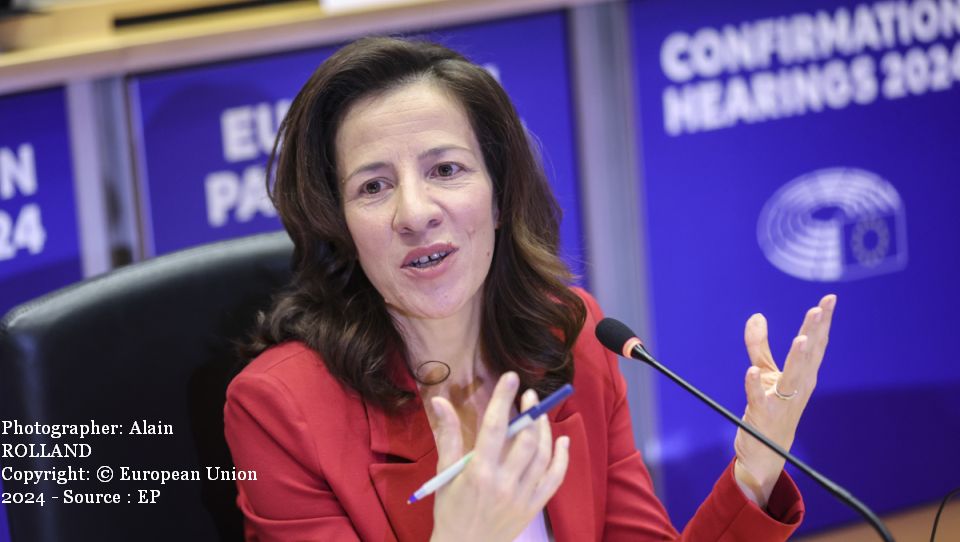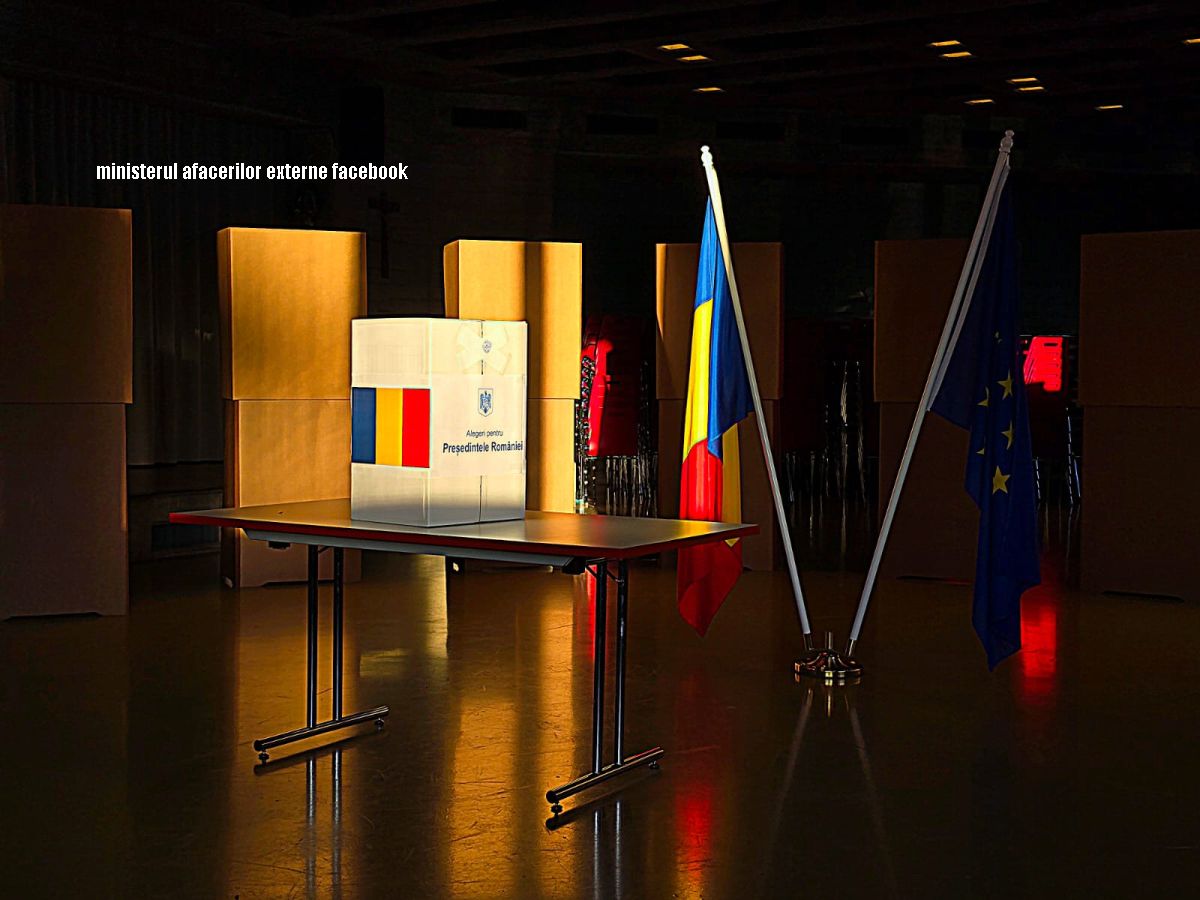A new European Commission
The new European Commission will focus on economic competitiveness, reducing bureaucracy and innovation.

Ştefan Stoica, 28.11.2024, 14:00
The new European Commission, the second to be headed by Ursula von der Leyen, will take over from 1st December, after being approved by the European Parliament on Wednesday.
In her speech, von der Leyen promised to revitalise the Union’s stagnating economy, boost competitiveness, reduce bureaucracy, unblock investments and bridge the innovation gap with the United States and China. Support for Ukraine, defence, managing migration, enlargement, climate actions, the budget reform and the rule of law will also feature among her team’s priorities. “Our fight for freedom may look different to generations past. But the stakes are just as high,” von der Leyen told MEPs. “These freedoms will not come for free. It will mean making difficult choices. It will mean massive investment in our security and prosperity. And above all it will mean staying united and true to our values. Finding ways to work with each other – and overcoming fragmentation”, vom der Leyen emphasised.
The European Commission’s first initiative will be the Competitiveness Compass, a strategic plan to boost the European economy based on three pillars: innovation, the plan for industry and economic security, implying more European autonomy.
The Commission’s new executive vice-presidents include Romania’s Roxana Mînzatu, who will be coordinating social policies, skills, professional training and certain educational policies. The new Social Climate Fund will also be part of her portfolio, with Romania to receive 6 billion euros for spending on measures to reduce energy poverty. Mînzatu will also coordinate some of the policies meant to prepare society for crises, a new concept within European policies. This also refers to educating and preparing society to cope with manipulation.
Ursula von der Leyen also said that the Union must allocate more money to match Russia’s military spending, which accounts for 9% of GDP, while that of Europe accounts for a mere 1.9% on average.
Wednesday’s vote for the new European Commission reflects the fragmentation within the current European Parliament, where there is no stable majority, but which, for the first time since 1999, has rejected none of the commissioners proposed, Politico notes. The new Commission got fewer votes on Wednesday than its president Ursula von der Leyen last summer and, at 54%, has the least support from the European Parliament since 1993.
After the vote, the president of the European Parliament Roberta Metsola said she was confident Parliament would work well with the new Commission.






























